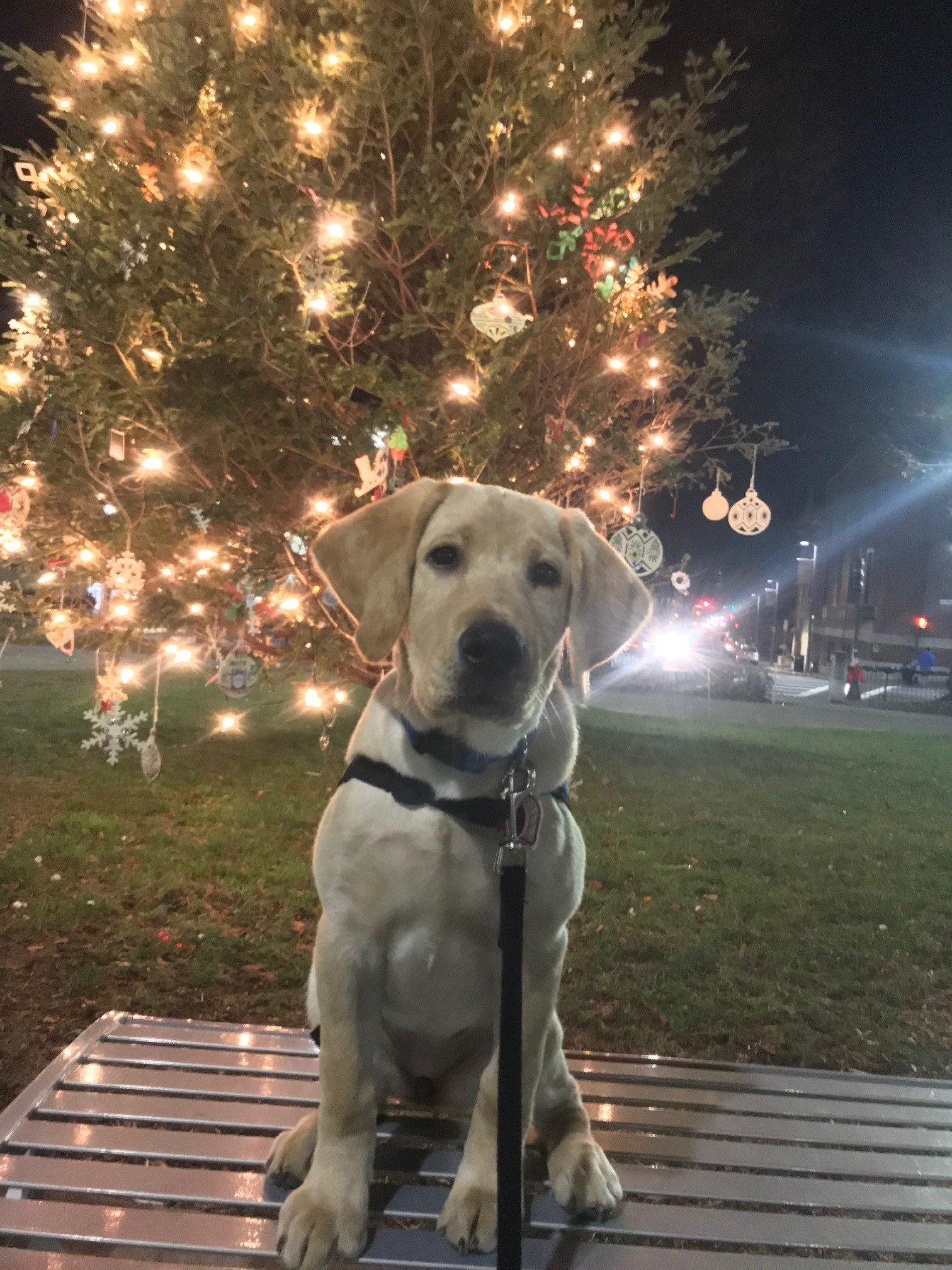Ask the Vet: Holiday Hazards for Pets
November 13, 2019
November and December are filled with fun holiday celebrations, but an unexpected trip to the vet can instantly spoil the cheer.
From turkey bones to tinsel, veterinarians treat dozens of pets who have swallowed holiday-related items. So, this holiday season, our veterinarian partners at BluePearl Specialty and Emergency Pet Hospital are offering pet owners a few suggestions on how to keep their pets safe.
Follow these expert tips to ensure a smooth and safe holiday season for your pets—and your guests:
- Keep the food away.While chocolate is a big part of the holidays for many people, it is toxic to dogs and cats. Be sure to keep chocolate, along with any other sweets and baked goods containing chocolate, away from pets. Also, be mindful of table scraps, including turkey, turkey skin, gravy, and meat fat. Even in small doses, these foods can cause a life-threatening condition in pets called pancreatitis.
- Be mindful of decorations (and carefully dispose gift wrapping).Christmas trees, electric lights, water additives, ornaments, candles, tinsel, and potpourris all pose a threat to pets’ health during the holidays. If an ornament, tinsel, or other holiday decoration is consumed, it can cause intestinal blockages that may require surgery. Electric lights and candles can cause fires, pet burns (if chewed), or worse. Never leave an animal alone with an exposed flame. Gift wrappings should also be cleared away, as sparkly ribbon or glittered bows can be tempting for your pet to play with or eat.
- Designate a comfortable, quiet place inside for pets to retreat.Pets can become emotionally distressed with the commotion that accompanies a holiday gathering, so make sure to designate a private room or crate somewhere quiet. If a room or crate is not available, be especially mindful of the front door. As friends and family come and go, it is easy for pets to make a break for it out the door and become lost. Consider getting your pets microchipped.
- If traveling, pack for the pet.Remember to bring pet food, fresh water, medications, copies of their medical records, their ID tag, veterinarian information, a crate, bed/blanket, and toys. If traveling in a vehicle, safely restrain your pet using a secure harness or a carrier, placed away from airbags. Never leave your pet alone in the car or transport your pet in the bed of a truck.
- Plan ahead.Scope out 24/7 emergency veterinary hospitals along your travel route before there’s an emergency. Keep a digital and hard copy list of the numbers to these hospitals in case of emergencies. You want to include:
-
- Your primary veterinarian’s phone number
- 24/7 emergency veterinary hospitals along the travel route—phone numbers and addresses
- The phone number to the ASPCA Poison Control Hotline: 1-888-426-4435 (fees may apply)
By BluePearl Veterinary Partners. In partnership with NEADS.

